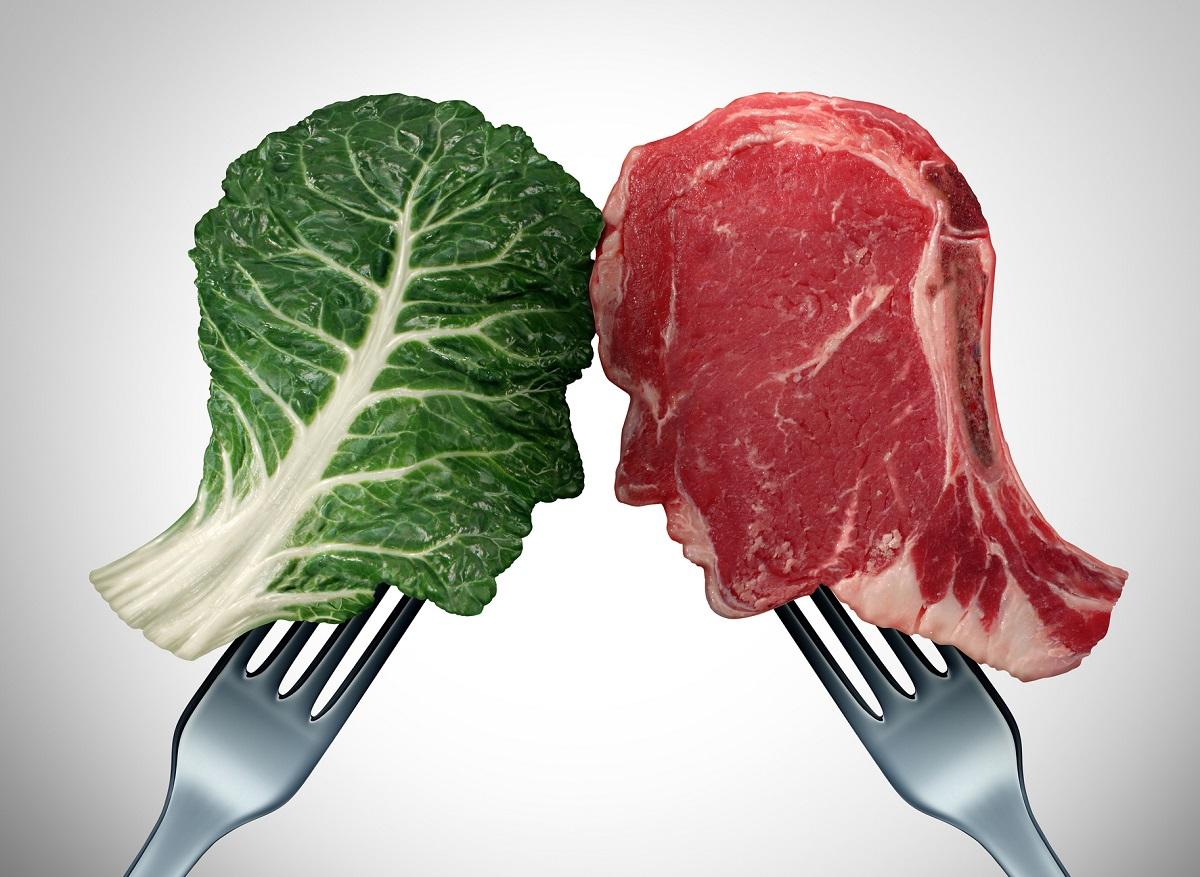Following the 5-color code that identifies the nutritional quality of foods could reduce the risk of cardiovascular disease, according to a press release published by the EREN Nutritional Epidemiology Research team in the European Journal of Preventive Cardiology. The nutritional quality level (FSA) calculated according to the 5 color codes informs about the danger of heart disease. When this score increases by 1, the risk increases by 14%.
INSERM researchers with the Nutritional Epidemiology Research Team (EREN) under the direction of Dr Mathilde Touvier, epidemiologist, conducted a study for 13 years with 6,515 subjects for whom data and eating behaviors were gathered by food recordings 24h. The events and cardiovascular disorders emerged during this study have all been validated by health professionals. A total of 181 serious cases of cardiovascular disease were diagnosed.
Better food for a healthy heart
This study has therefore made it possible to observe, over a large population and over a long period, an association between the nutritional quality of the foods consumed (evaluated by the FSA score at the level of individuals) and the risk of onset of cardiovascular diseases.
The results revealed that the nutritional quality score of all the foods consumed by the volunteers is correlated with the risk of heart disease : for a 1 point increase in the FSA score, the risk of cardiovascular disease increases by 14%. After 13 years of follow-up, people with a nutritional score reflecting a diet of poorer nutritional quality have a 61% higher risk of developing cardiovascular disease compared to people with a balanced diet.
“These associations tend to be more particularly seen in people at risk cardiovascular higher, such as smokers and people with low physical activity,” the researchers point out.
Read also:
Adopting a balanced diet is not that complicated!
The keys to a balanced diet
Eat better to live longer in good health


















